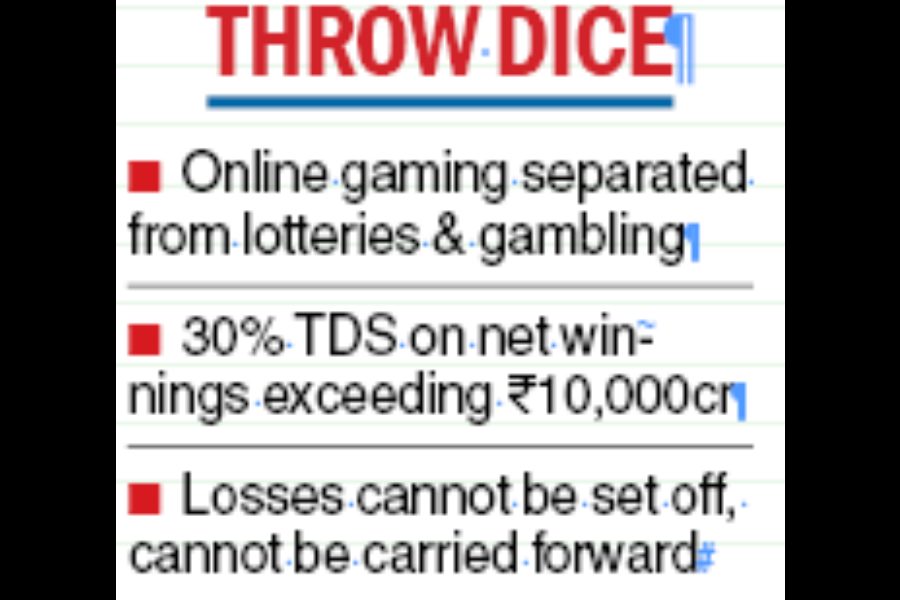The new income tax bill brings much needed clarity to the taxation of online gaming, distinguishing it from lotteries and gambling, unlike the Income Tax Act of 1961.
According to tax experts, the new bill ensures that income from online gaming is taxed appropriately, removing ambiguities that led to interpretation challenges.
One of the key changes in the new bill is the explicit definition of an ‘online game’. The bill defines it as a game offered on the internet and accessible through a computer resource, including any telecommunication device.
This distinction is a major departure from the 1961 Act, which grouped online gaming with lotteries and gambling, creating uncertainty in taxation and compliance. The new classification acknowledges the rapid expansion of the gaming industry.

Under the previous tax law, winnings from online gaming were taxed at a flat 30 percent, with TDS applicable if winnings exceeded ₹10,000 per transaction. However, there was no clear definition of online gaming, leading to interpretational disputes.
Income Tax Bill, 2025, introduces the concept of net winnings, meaning the tax will be levied after adjusting for entry fees or bets.
The bill retains the ₹10,000 threshold but specifies that TDS applies only to net winnings exceeding this amount in a single transaction.
Losses from online gaming cannot be set off against other sources of income, nor can they be carried forward to subsequent years. This ensures that all gaming winnings are fully taxed, regardless of prior losses.











